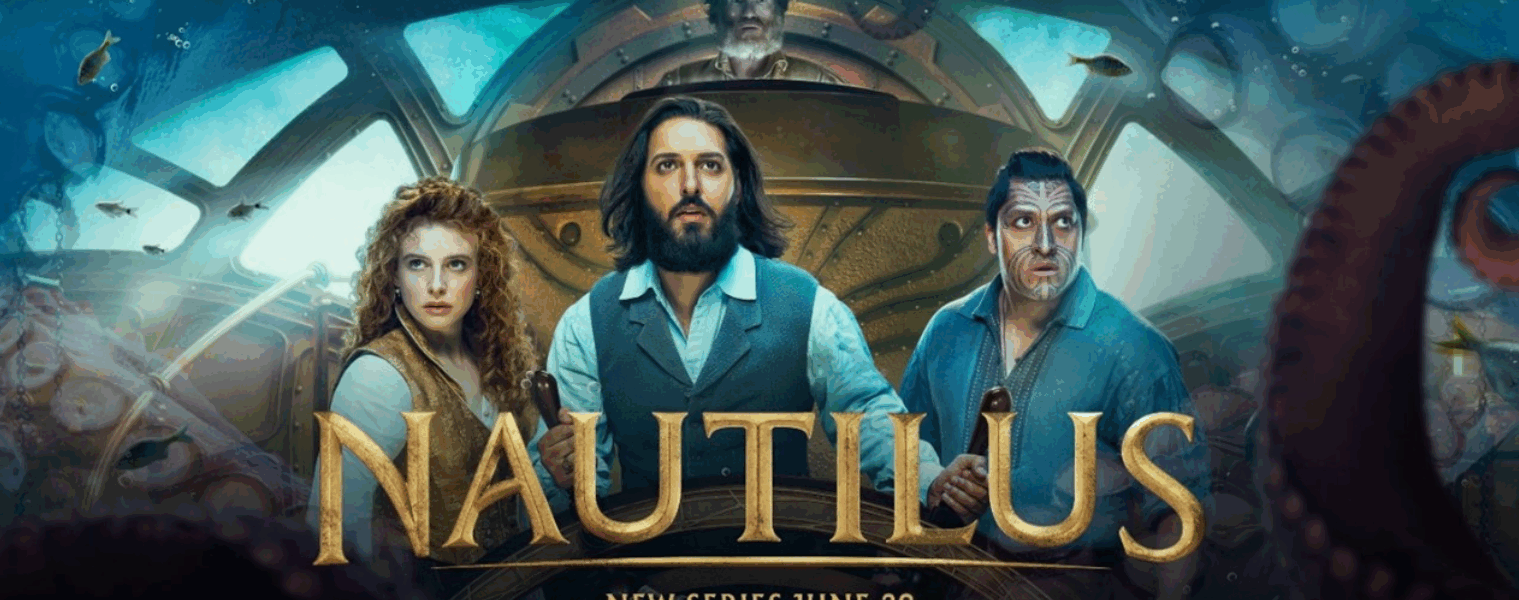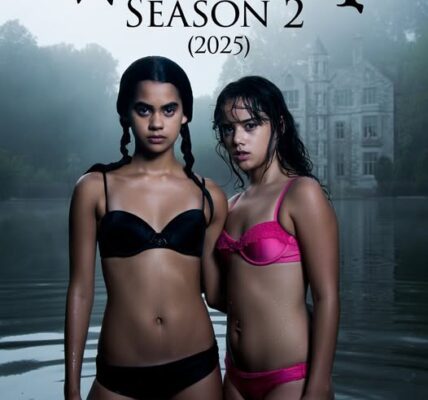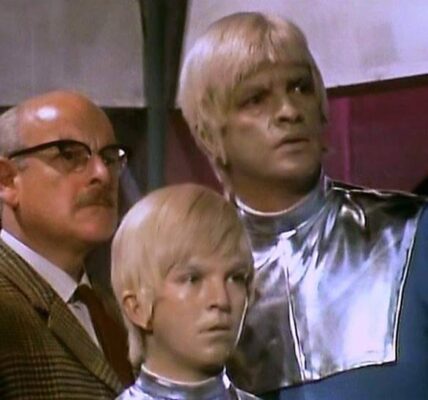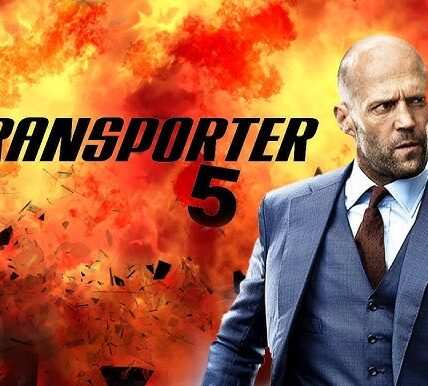1. Plot Summary
Cloud Atlas, directed by Lana & Lilly Wachowski and Tom Tykwer, is a sprawling, genre-bending epic that interweaves six different storylines across centuries — from the 19th century Pacific voyage of a lawyer (Jim Sturgess) to a futuristic dystopian Seoul with a clone waitress (Doona Bae), and even a post-apocalyptic Hawaii where a tribesman (Tom Hanks) faces moral choices that echo humanity’s survival.
The cast — including Tom Hanks, Halle Berry, Jim Broadbent, Hugo Weaving, Ben Whishaw, Susan Sarandon, Hugh Grant, and Doona Bae — play multiple roles across timelines, often crossing race, gender, and morality. This structural choice emphasizes the idea that souls reincarnate, and actions ripple across history.
The setting shifts wildly — from colonial ships to futuristic skyscrapers, from 1930s Belgium to a grim corporate dystopia — but the thematic throughline is the search for freedom, truth, and human connection across time.
2. Notable Elements
- Multi-role performances: Tom Hanks and Halle Berry especially shine in their diverse portrayals, moving from villains to heroes across timelines. Hugo Weaving’s recurring villainous roles bring menace in every era.
- Cinematography & editing: The seamless cutting between timelines is bold and unusual. The montage editing ties seemingly unrelated stories together through sound, visuals, and thematic cues.
- Score: The Cloud Atlas Sextet, composed by Tykwer, Johnny Klimek, and Reinhold Heil, acts as the connective tissue of the film. It’s haunting and unforgettable.
- Standout sequences:
- The Neo Seoul escape (Doona Bae as Sonmi-451) is both thrilling and tragic, with visuals rivaling The Matrix.
- The comedic nursing home escape led by Jim Broadbent offers tonal relief amid heavier storylines.
- The post-apocalyptic confrontation on Hawaii blends primal fear with philosophical depth.
Not every transition works smoothly — some viewers may feel jarred by the sudden switches in tone (from sci-fi to slapstick).
3. Themes & Messages
- Interconnectedness of souls: Actions, no matter how small, ripple through time, shaping future generations.
- Rebellion against oppression: From Sonmi-451’s fight against a corporate dystopia to the composer Frobisher’s struggle against obscurity, the film shows recurring battles for dignity and freedom.
- Cycles of power and exploitation: Whether colonial slavery, corporate greed, or tribal fear, the same patterns repeat unless broken by choice.
- Love and sacrifice: Across timelines, love — romantic, platonic, or spiritual — drives characters to transcend fear and selfishness.
While not tied to “holiday traditions,” its emphasis on renewal, hope, and moral courage resonates with themes of human redemption and unity often celebrated during festive seasons.
4. Personal Impressions
I found Cloud Atlas to be ambitious and breathtaking, but also uneven. Its strength lies in its sheer scale: few films dare to blend so many genres — historical drama, sci-fi, comedy, post-apocalypse — into one. The emotional peaks, especially Sonmi-451’s declaration of freedom and Frobisher’s letter-writing arc, hit powerfully.
However, the film can feel overly ambitious. At nearly three hours, the constant jumps sometimes dilute emotional investment in individual stories. The heavy use of prosthetics for actors switching races drew mixed responses — some found it distracting or problematic.
Still, the movie’s ambition outweighs its flaws. It’s a rare film that inspires deep discussion about humanity, morality, and destiny.
5. Audience Recommendations
This film is ideal for viewers who:
- Enjoy epic, nonlinear storytelling (The Fountain, Mulholland Drive, The Tree of Life).
- Like philosophical sci-fi with a human core (The Matrix, Blade Runner).
- Appreciate films that reward rewatching — each viewing reveals more connections.
It may not suit those who prefer straightforward plots or dislike frequent tonal shifts.
6. Conclusion & Rating
Cloud Atlas is a daring, visionary work that attempts to capture the vast sweep of human history, destiny, and moral choice in a single cinematic tapestry. While not perfect — occasionally disjointed, overly long, and uneven in tone — it remains one of the most unique and thought-provoking films of the last decade.
⭐ 4.5 / 5 stars
A flawed masterpiece, but one that will linger in your thoughts long after the credits roll.




